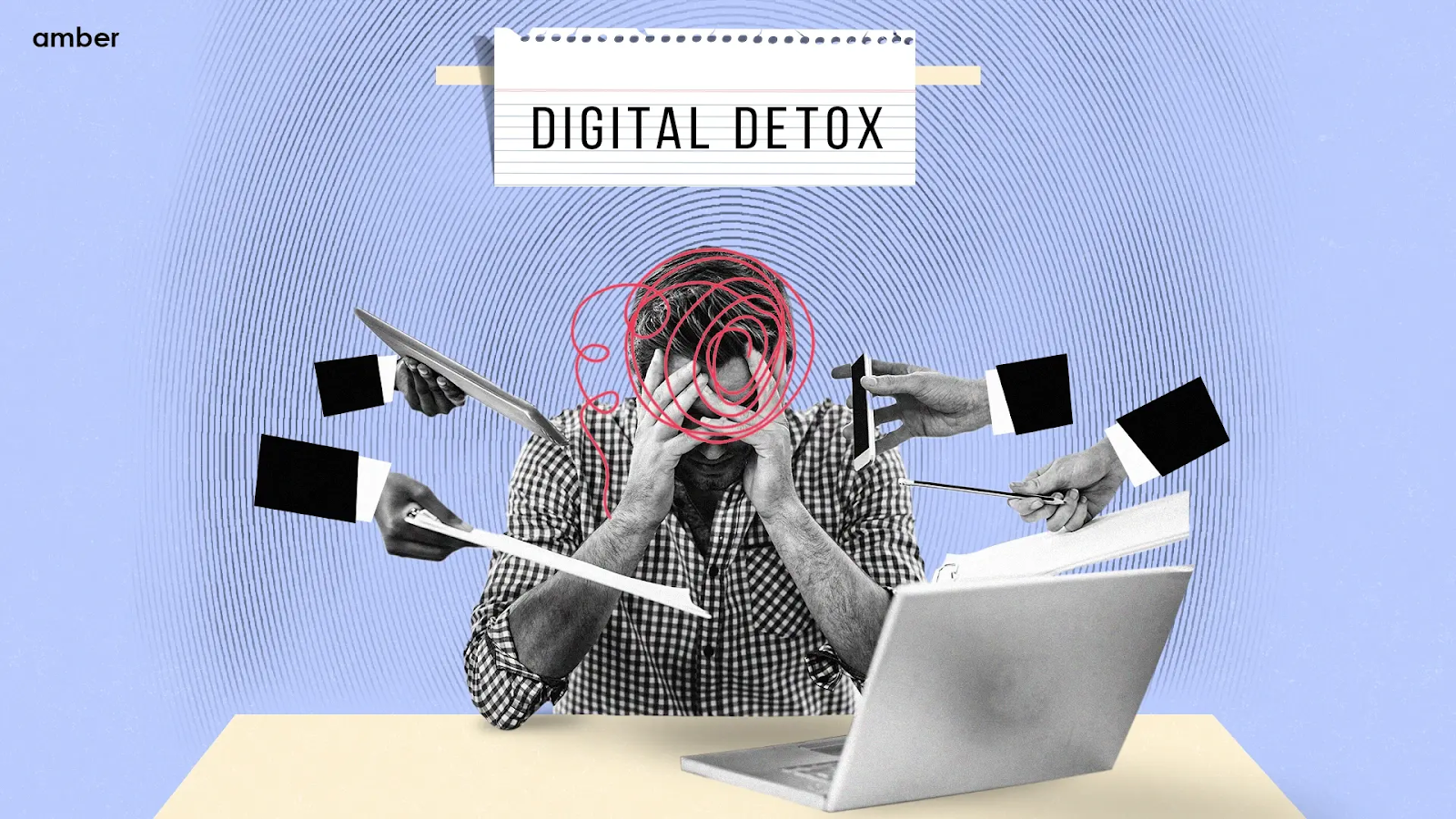From smartphones to laptops, screens dominate modern life. While technology brings convenience, excessive screen time has been linked to anxiety, poor sleep, and reduced focus. A digital detox offers a reset for your brain and body.
1. The Science Behind Screen Fatigue
Screens emit blue light, which suppresses melatonin and disrupts circadian rhythms. Prolonged screen use can overstimulate the brain, particularly the prefrontal cortex, leading to mental exhaustion, irritability, and attention issues.
2. Impacts on Sleep and Mood
-
Sleep: Blue light delays REM cycles. Poor sleep affects memory and immune function.
-
Mental health: Heavy social media use is correlated with increased anxiety, depression, and low self-esteem.
-
Dopamine loop: Notifications and likes trigger short dopamine spikes, reinforcing compulsive checking behavior.
3. How to Start a Digital Detox
-
Set screen-free zones (e.g., bedrooms or meal areas).
-
Use screen time tracking apps like Digital Wellbeing or Screen Time.
-
Schedule "tech-free" blocks during the day.
-
Replace screen time with reading, walking, or creative activities.
4. Benefits After Detox
-
Better sleep quality
-
Increased concentration
-
Reduced anxiety
-
Improved interpersonal relationships





0 Comments